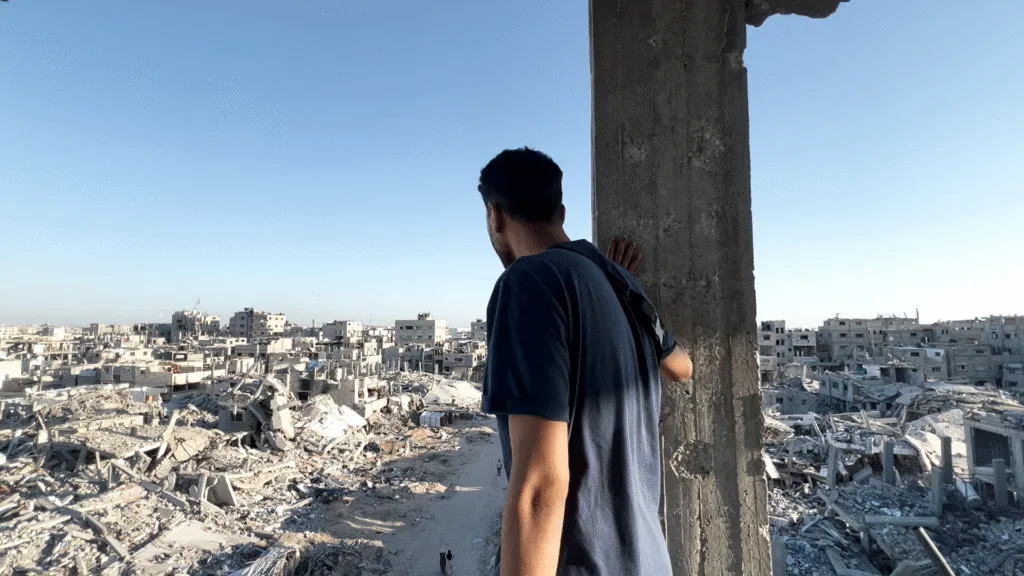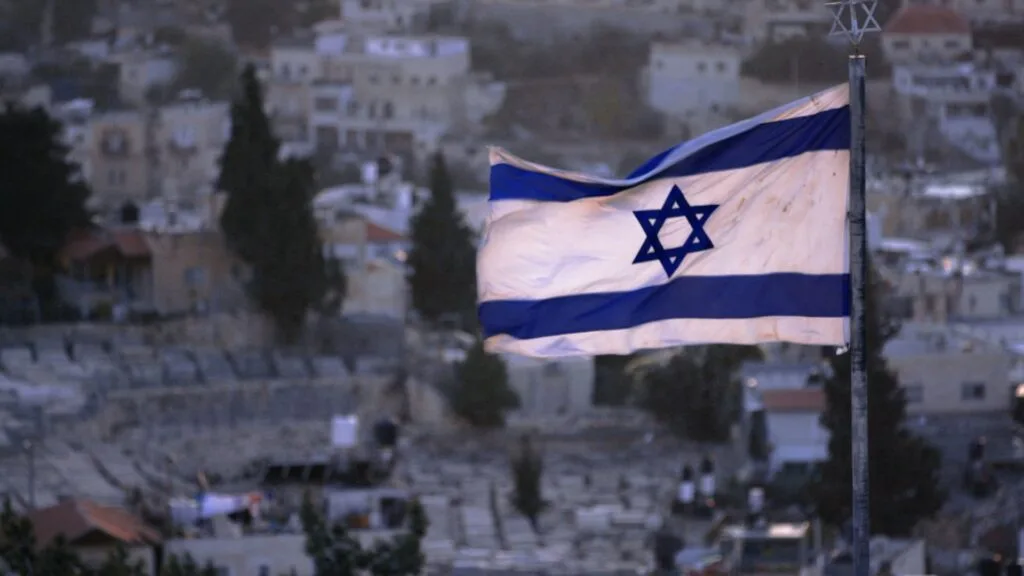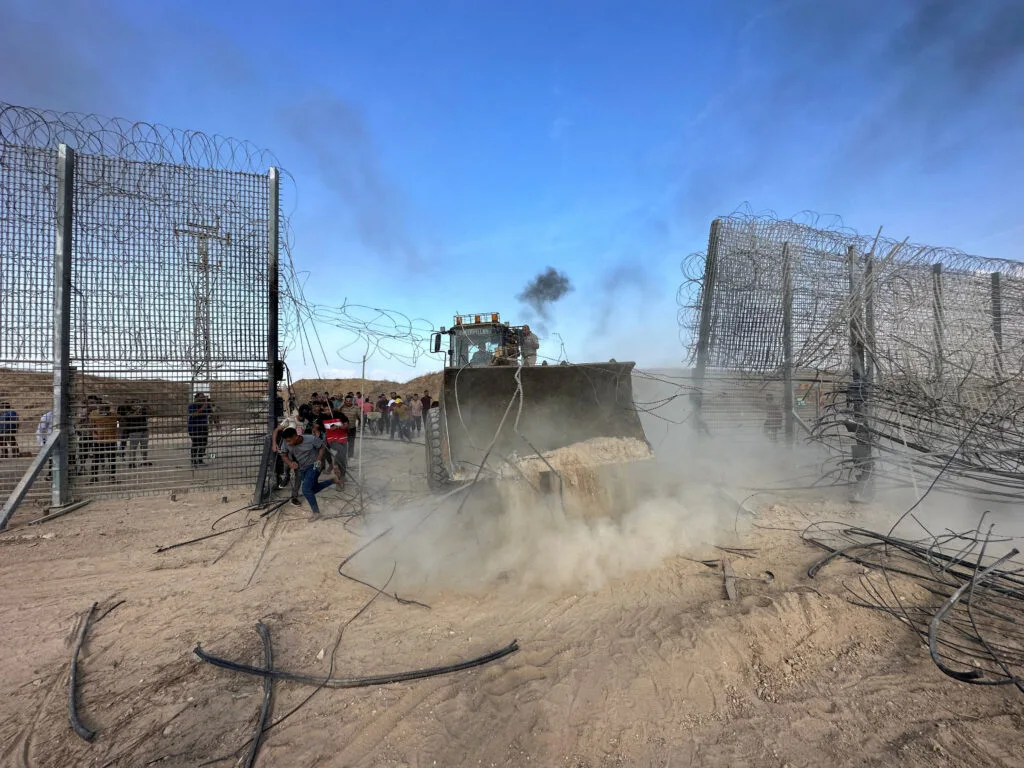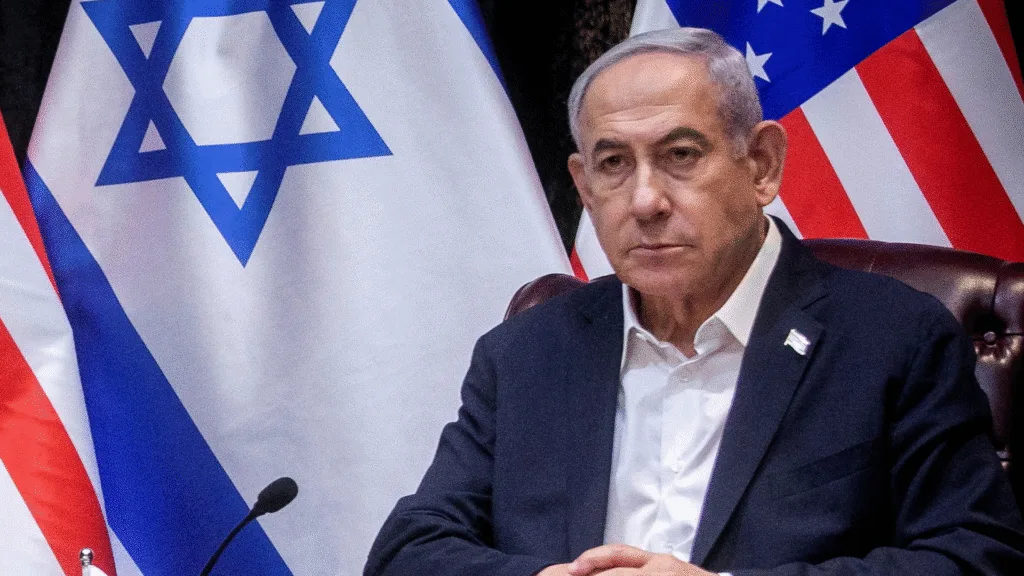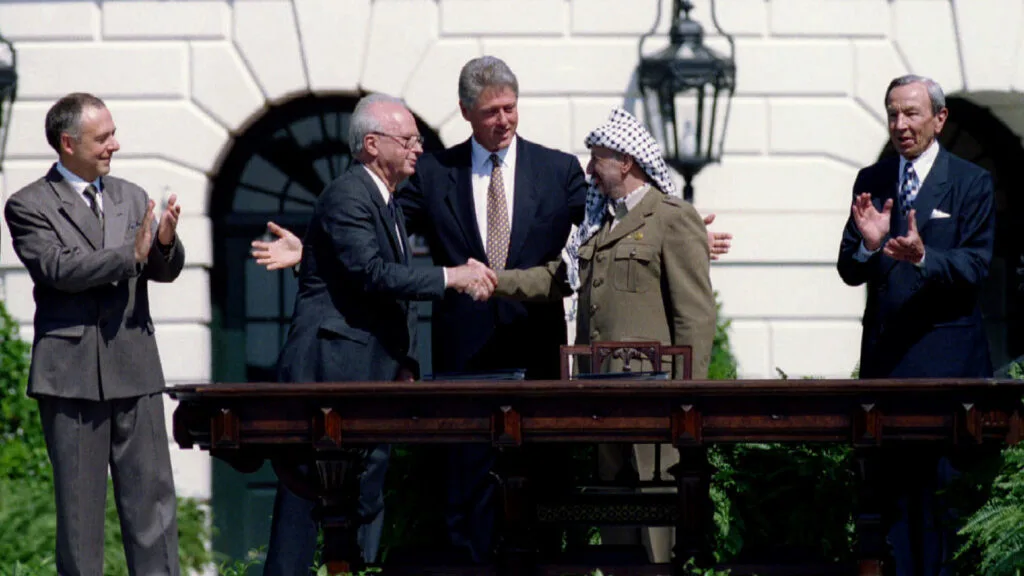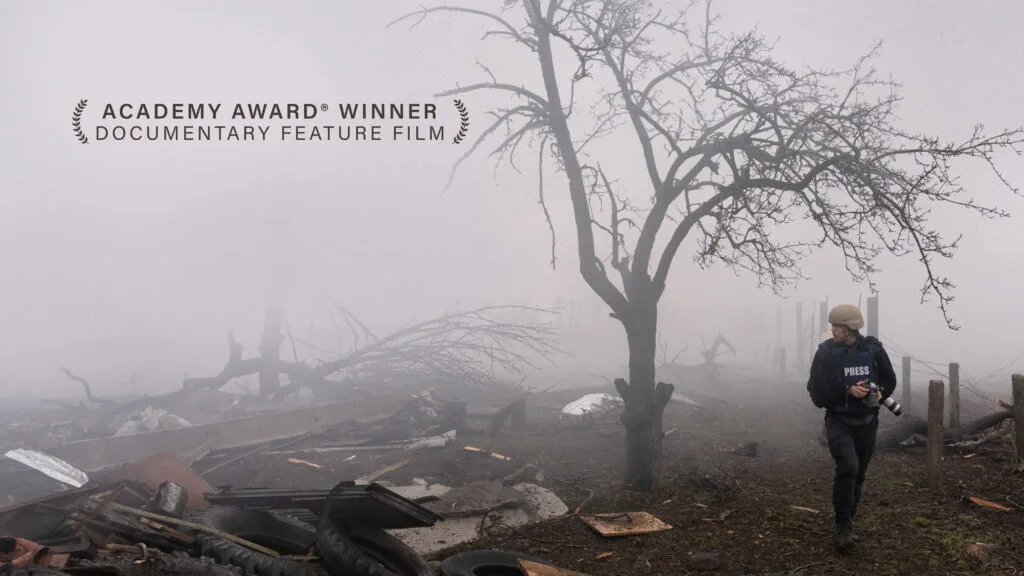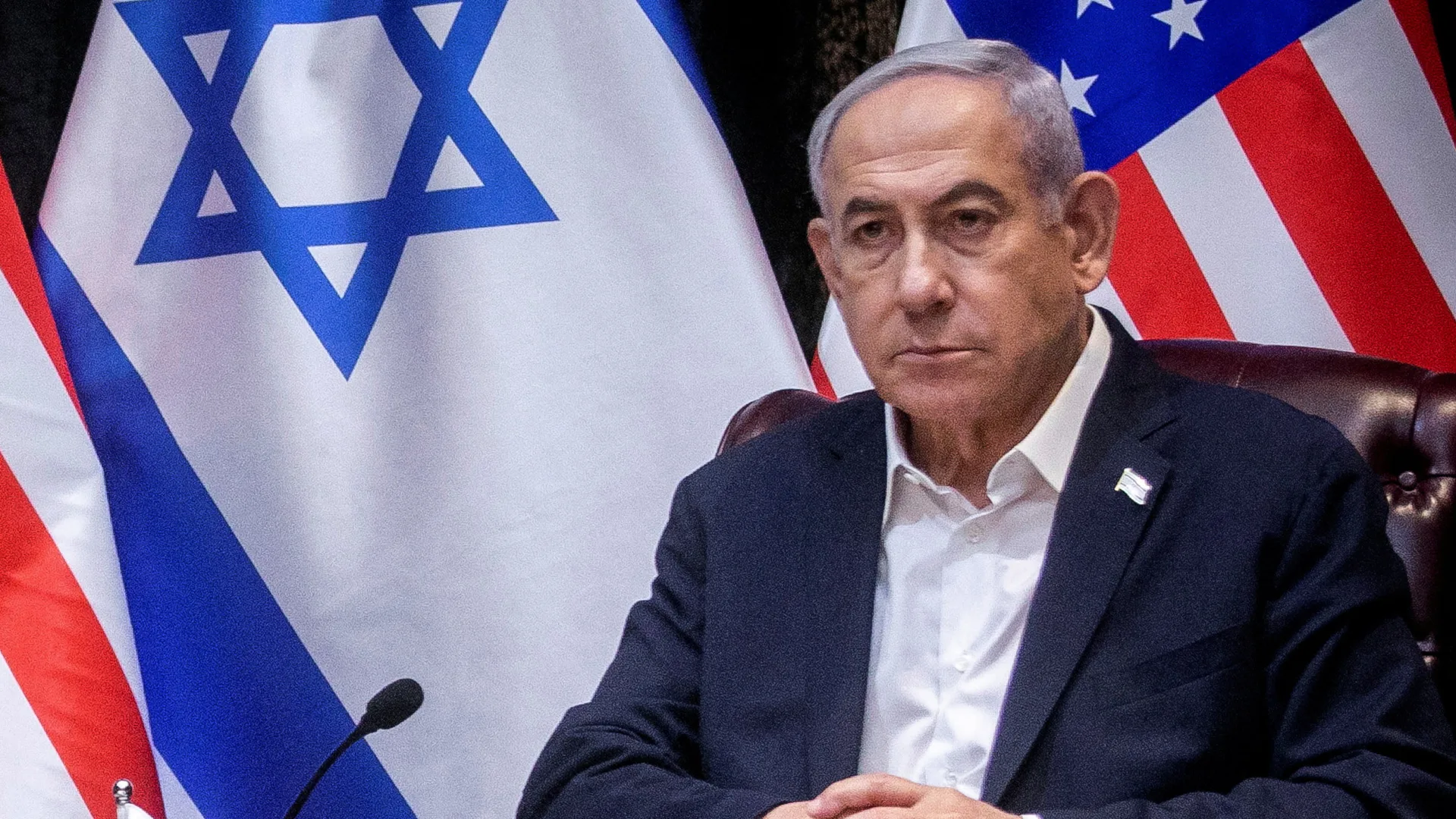Senior Biden Adviser: Middle East Came ‘Perilously Close’ to ‘Much Broader Regional Conflict’ in Days After Oct. 7
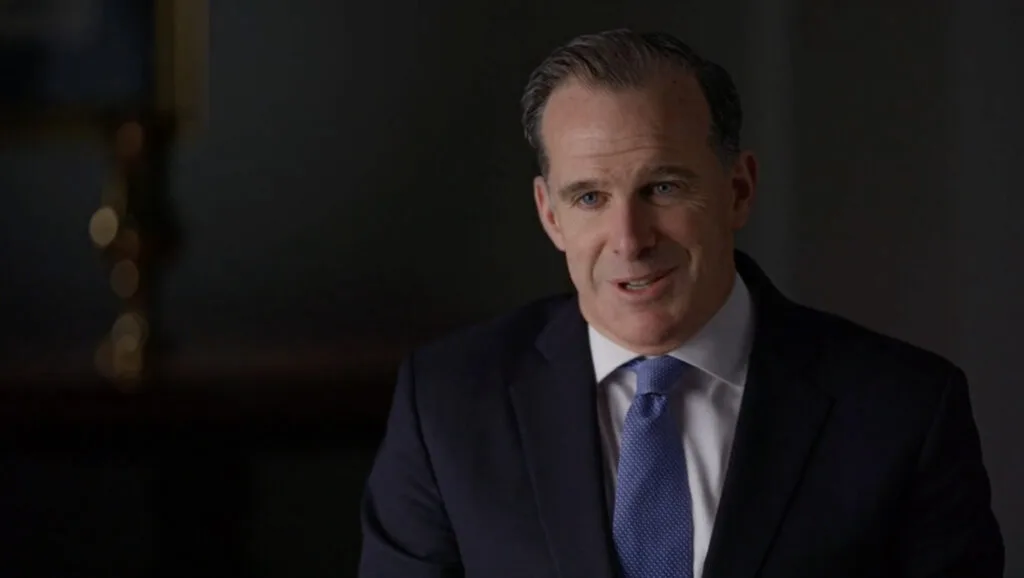
December 19, 2023
Share
The Middle East came “perilously close to a much broader regional conflict” in the days after the Oct. 7 Hamas attack on Israel, President Biden’s senior Middle East adviser said in an interview with FRONTLINE for the documentary Netanyahu, America & the Road to War in Gaza.
In the Dec. 8 interview, Brett McGurk, the White House coordinator for the Middle East and North Africa, said that in those early days, there was a “lack of clear information of exactly what was happening, honestly, in Israel, in Beirut, in Tehran, in Washington … And it’s a classic security dilemma, where one side sees another side moving and believes the worst is coming and might act preemptively to stop it, when in fact the other side might just be moving to more defensible positions, or they’re moving because they’re uncertain. That’s what was happening throughout the Middle East at that moment, including the northern front with Israel and Lebanon.”
Against that backdrop, “there was a thought very early on that this Hamas attack could have been — and our intelligence did not support it, but some on the Israeli side believed this — could have been the first move and kind of a master-plan move in which now Hezbollah is about to enter the war, and were that to happen, Israel was prepared to preemptively act to stop it,” McGurk told FRONTLINE, referring to the Lebanon-based, Iran-backed militant group.
“So it took an awful lot of deliberation and consultation and discussion at the highest political levels with the president, with [National Security Advisor] Jake Sullivan and myself and [Deputy National Security Advisor] Jon Finer and [Secretary of State] Tony Blinken and [CIA Director] Bill Burns, speaking with counterparts constantly, sharing information — here’s what we know; what do you see — to kind of clear out that fog and get a better picture,” McGurk said.
“I have to say, we came perilously close to a much broader regional conflict in that first week in the fog and the friction and the unknowns,” McGurk said.
READ MORE | Brett McGurk: The FRONTLINE Interview
McGurk’s comments come as the Biden administration has been increasing its pressure on Israel to scale back its offensive in Gaza, as the death toll and humanitarian crisis grow.
McGurk said in the interview, which is being published as part of FRONTLINE’s Transparency Project in conjunction with the documentary’s release, that while the U.S. maintains its support of Israel and its fight against Hamas, it is also concerned about the civilian toll in Gaza and is focused on bringing the war to a conclusion.
“I would just say first and foremost, everybody working at this, it’s the human toll, and we see it on all sides of this horrific tragedy,” McGurk said. “We feel it very much on the Israeli side and the hostages and the families, all of whom we dealt with, and we feel it on the Palestinian side. Thinking as a father of your child under rubble or having been kidnapped, it is horrific. All of us are living with this, and we have these conversations with the Israelis in a very direct way, and we have discussions with them military to military about the best way to proceed.”
“And we also recognize — and I think it’s important to recognize — that it happens to be true that Hamas has built a subterranean military fortress under schools and hospitals in civilian areas. This is a fact. So you can say, ‘Well, sorry, Israel, there’s nothing you can do because of that fact,’ or you can try to limit and narrow and focus as best you can. And we are trying to limit and narrow and focus as best we can.”
Read McGurk’s extended interview with FRONTLINE producer James Jacoby in its entirety here, published as part of the FRONTLINE Transparency Project, and watch Netanyahu, America & the Road to War in Gaza here.

Related Documentaries
Latest Documentaries
Related Stories
Related Stories
Explore
Policies
Teacher Center
Funding for FRONTLINE is provided through the support of PBS viewers and by the Corporation for Public Broadcasting, with major support from Ford Foundation. Additional funding is provided the Abrams Foundation, Park Foundation, John D. and Catherine T. MacArthur Foundation, Heising-Simons Foundation, and the FRONTLINE Trust, with major support from Jon and Jo Ann Hagler on behalf of the Jon L. Hagler Foundation, and additional support from Koo and Patricia Yuen. FRONTLINE is a registered trademark of WGBH Educational Foundation. Web Site Copyright ©1995-2025 WGBH Educational Foundation. PBS is a 501(c)(3) not-for-profit organization.




